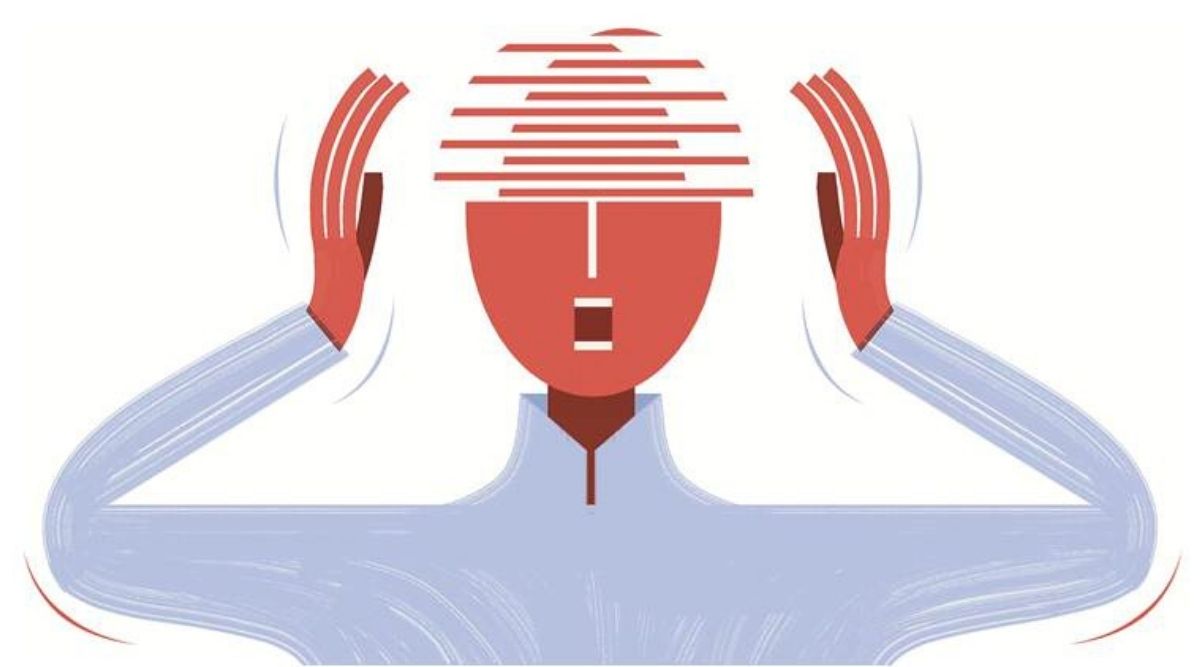The Department of Psychiatry, PGI, will work in the public mental health sector with the World Psychiatric Association (WPA) as the collaborating centre. India is the only country in the world where the WPA has agreed to start two collaboration centers, the other in NIMHANS, Bengaluru. Professor Debasish Basu, Head of the Department of Psychiatry, PGI, talks about how this is a great achievement and a great responsibility for his department.
What is a WPA Collaborating Center?
A WPA Collaborating Center is an entity designated as part of an international collaboration network and committed to carrying out activities that support the mission, in particular its three-year action plan.
WPA Collaborating Centers have an important role to play in advancing mental health around the world. They provide support in the development, delivery, and exchange of educational, research, and publishing expertise and resources, and policy and practice developments in the field of psychiatry. The mission is to allow the countries of the region to develop, strengthen and offer continuous support to develop human resources for mental health at all levels.
The colaboration
On April 4, the World Psychiatric Association (WPA), which is the global association of 147 psychiatric societies in 121 countries, approved the PGI Department of Psychiatry, Chandigarh, as one of its Collaborating Centers.
Importance
As of now, there are only eight WPA collaboration centers in the world: in the UK, Egypt, South Africa, Hong Kong, Kenya, Qatar, Italy, and India. Furthermore, India is the only country in the world where the WPA has agreed to start two collaboration centers, the other in NIMHANS, Bengaluru. Therefore, this is a matter of great achievement and responsibility for the PGI Department of Psychiatry, Chandigarh.
The mandate
The WPA, in its three-year Action Plan 2020-2023, has identified Public Mental Health (PMH) as one of the most important key areas of work. The PGI Center has been assigned this specific task.
What is public mental health?
Public Mental Health (PMH) adopts a population approach to mental health, which includes evaluation and strategic decisions to improve coverage, results and coordination of the different levels of prevention of mental disorders and promotion of mental well-being. Its objective is to sustainably improve the mental health of the population through coordinated work with a variety of public organizations, the third sector, other organizations, local communities and individuals.
According to Professor Afzal Javed, President of the WPA, mental disorders account for at least 20 per cent of the global burden of disease due to a combination of high prevalence, most lifelong mental disorders arising before age adulthood and a wide range of impacts on health, education, employment, social relationships, crime, violence and stigma. Poor mental well-being has a similar wide range of impacts. crises like COVID-19 they are likely to further increase the risk of mental disorder, relapse, and poor mental well-being.
PMH takes a population approach to sustainably reduce mental disorders and promote mental wellness through interventions. Effective PMH interventions exist to treat mental disorders, prevent associated impacts, prevent mental disorders from arising, and promote mental well-being. However, only a minority of people with mental disorders receive any treatment, even in high-income countries, the provision of interventions to prevent associated impacts is even lower and the provision of interventions to prevent mental disorders or promote mental well-being it’s insignificant. Therefore, there is a large gap in the implementation of PMH.
What is the PMH action plan for PGI?
Part of the proposed work to bridge the HMP implementation gap includes increasing awareness, value, acceptance, and prioritization of HMP in national health policies.
Other work includes support for PMH proposals, including national mental health needs assessments and actions to address unmet PMH needs. It also includes supporting PMH training for professionals and trainees in mental health, public health, and policy to support capacity building, integrating a PMH approach to the management and prevention of chronic physical illness through engagement with systems of care. primary and general medicine.
While highly laudable in its intent and scope, according to Professor Basu, the work is immensely broad, complex, multi-domain, and multi-level. Therefore, it is vitally important to have a WPA Collaboration Center to coordinate, collaborate and promote the wide range of tasks and responsibilities to promote PMH at various scales. This is where the PGI Department of Psychiatry, Chandigarh, India will take a lead role. Specific activities proposed in the three overlapping phases include the short-term fellowship exchange program, face-to-face and web-based meetings and conferences, research, publications, policy and position statements, advocacy, liaison with government agencies, and others. policymakers, and the general public in order to raise awareness, create action points and influence policies aimed at improving public mental health activities.
!function(f,b,e,v,n,t,s)
{if(f.fbq)return;n=f.fbq=function(){n.callMethod?
n.callMethod.apply(n,arguments):n.queue.push(arguments)};
if(!f._fbq)f._fbq=n;n.push=n;n.loaded=!0;n.version=’2.0′;
n.queue=[];t=b.createElement(e);t.async=!0;
t.src=v;s=b.getElementsByTagName(e)[0];
s.parentNode.insertBefore(t,s)}(window, document,’script’,
‘https://connect.facebook.net/en_US/fbevents.js’);
fbq(‘init’, ‘444470064056909’);
fbq(‘track’, ‘PageView’);
.
